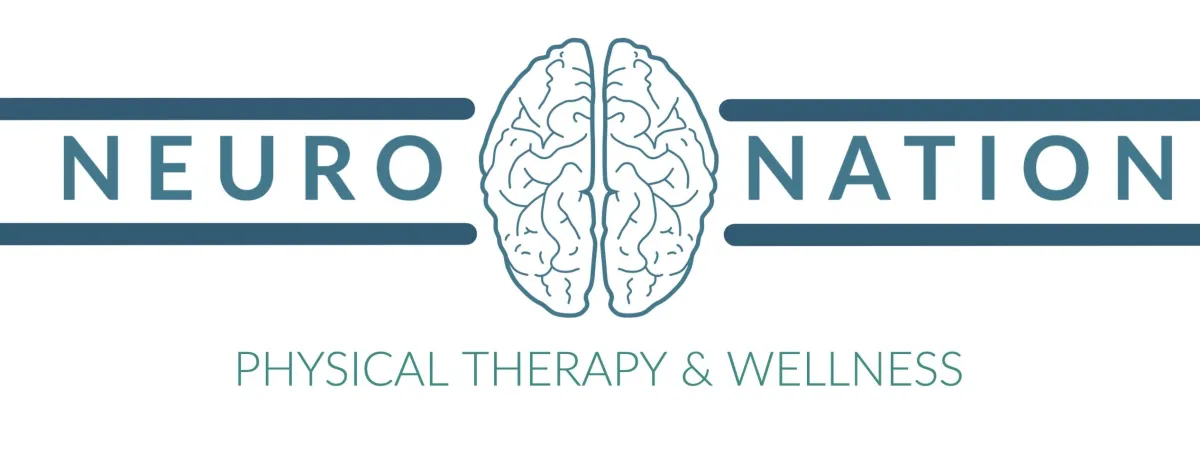
Mild Concussion
Known as a mild traumatic brain injury (mTBI), is the most common type of brain injury. It typically occurs due to a sudden blow or jolt to the head or body, causing the brain to move rapidly within the skull.
Symptoms: May include headache, dizziness, confusion, temporary loss of consciousness, nausea or vomiting, blurred vision, sensitivity to light or noise, fatigue, and difficulty concentrating or remembering.
Functional Impairments: Symptoms of a mild concussion are usually temporary and resolve within days to weeks, but individuals may experience difficulty with balance, coordination, attention, memory, and cognitive processing speed.
Moderate Traumatic Brain Injury (TBI)
More significant injury to the brain, typically resulting from a more forceful impact or trauma to the head. It may involve bruising, bleeding, or swelling of the brain tissue.
Symptoms: May include loss of consciousness lasting from a few minutes to several hours, persistent headache, repeated vomiting or nausea, seizures, dilation of pupils, slurred speech, weakness or numbness in extremities, and profound confusion or agitation.
Functional Impairments: May experience more pronounced functional impairments, including difficulties with mobility, speech and language, sensory perception, executive function (such as decision-making and problem-solving), and emotional regulation.

Severe Traumatic Brain Injury (TBI)
Extensive damage to the brain tissue and often results from a significant impact, such as a high-speed motor vehicle accident, fall from a height, or penetrating head injury.
Symptoms: May include prolonged loss of consciousness (coma), profound cognitive deficits, persistent vomiting, clear fluids draining from the nose or ears (indicating a skull fracture), weakness or paralysis on one side of the body, and changes in pupil size or reactivity.
Functional Impairments: Severe functional impairments, including profound physical disability, cognitive deficits (such as severe memory loss or inability to communicate), sensory deficits (such as loss of vision or hearing), and alterations in consciousness (such as coma or vegetative state).
Diffuse Axonal Injury (DAI)
Widespread damage to the brain's white matter fibers, often resulting from rapid acceleration-deceleration forces, such as those seen in high-speed motor vehicle accidents or shaken baby syndrome.
Symptoms: May vary depending on the extent and location of the damage but can include unconsciousness, coma, persistent vegetative state, cognitive impairments, motor deficits, and alterations in consciousness.
Functional Impairments: May experience a range of functional impairments, including difficulties with cognition, motor function, sensory processing, and consciousness, which can vary in severity depending on the extent of the injury
